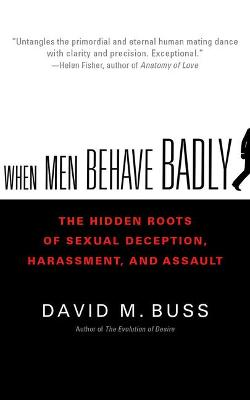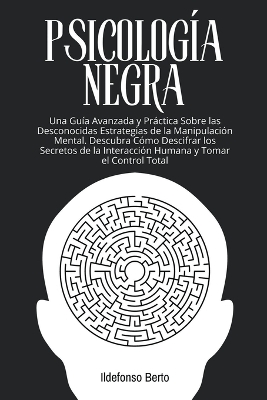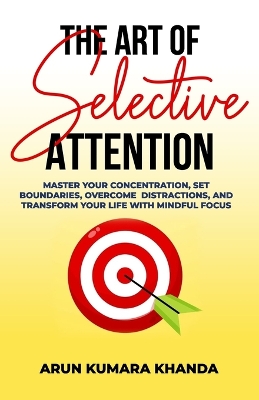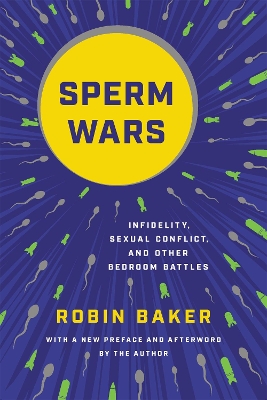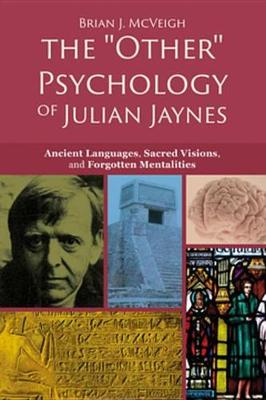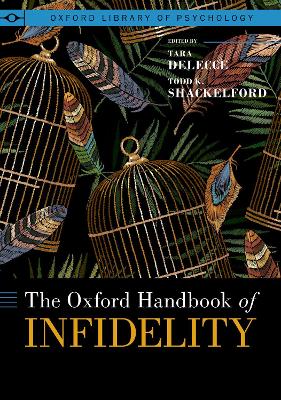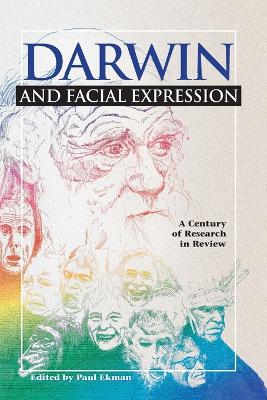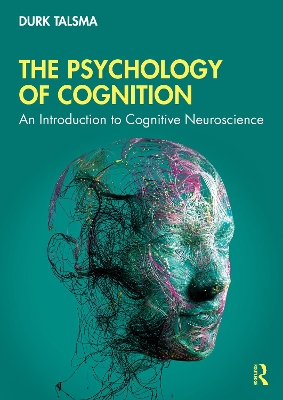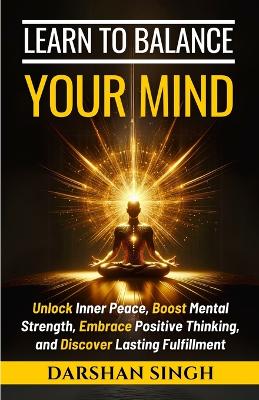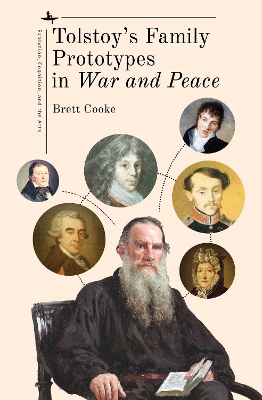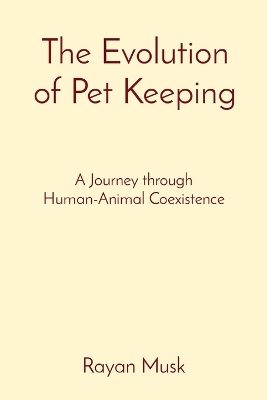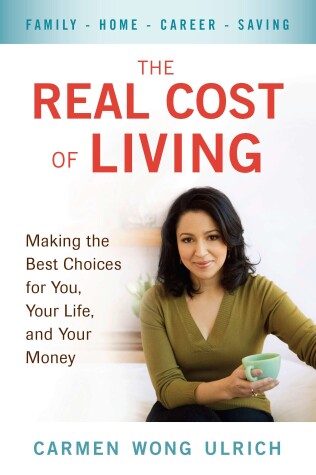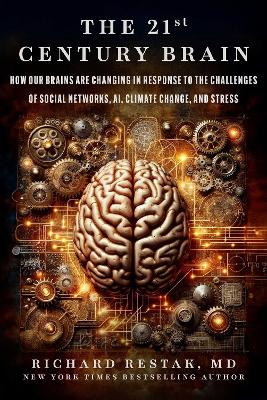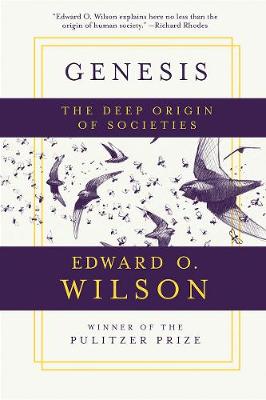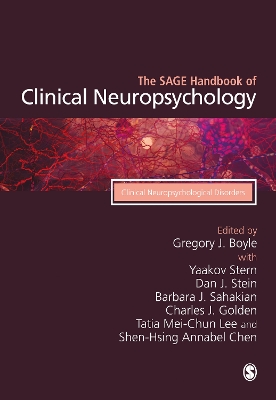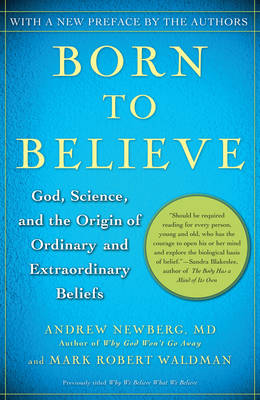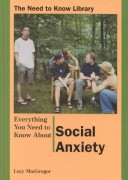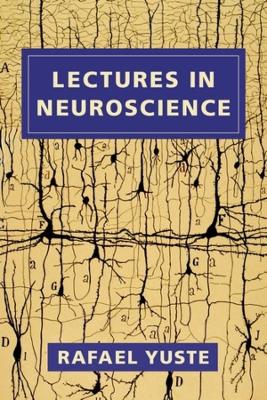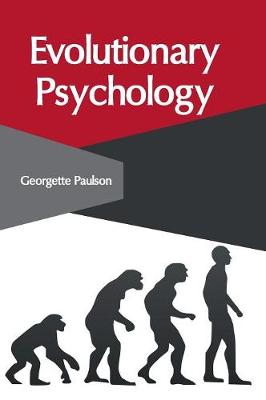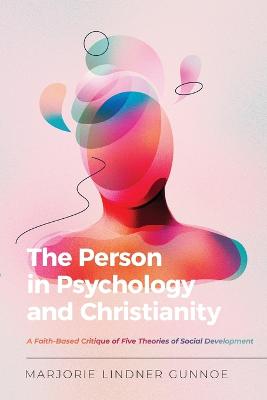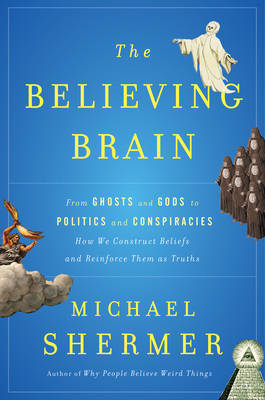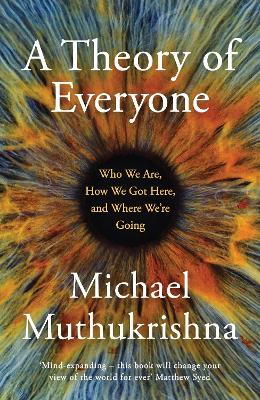The Art of Selective Attention (Success and Transformation, #5)
by Arun Kumara Khanda
Gregory F. Tague's An Ape Ethic and the Question of Personhood argues that great apes are moral individuals because they engage in a land ethic as ecosystem engineers to generate ecologically sustainable biomes for themselves and other species. Tague shows that we need to recognize apes as eco-engineers in order to save them and their habitats, and that in so doing, we will ultimately save earth's biosphere. The book draws on extensive empirical research from the ecology and behavior of great ap...
Sperm Wars turns the conventional thinking about the biology of sex on its head. Evolutionary biologist Robin Baker argues that human sexuality follows certain laws, and all of those laws are governed by one thing: sperm warfare. In the interest of promoting competition between sperm to fertilize the same egg, evolution has built men to conquer and monopolize women while women, without ever knowing they are doing it, seek the best genetic input on offer from potential sexual partners. In this bo...
Psychological research has produced a rich body of empirical data documenting humanity's propensity to commit infidelity in the context of long-term relationships, but comparatively little work has been dedicated to synthesizing these data into an integrated framework that encompasses the full range of its processes, from why it occurs in the first place to how it affects the long-term relationship thereafter. This edited handbook integrates a broad range of topics such as characteristics rela...
Darwin and Facial Expression
This eBook+ version includes the following enhancements: Popup definitions of key terms throughout the book to help readers understand a wide variety of specialist terms used within cognitive neuroscience Interactive flashcards for each chapter Multiple choice questions to help test knowledge This comprehensive, cutting-edge textbook offers a layered approach to the study of cognitive neuroscience and psychology. It embraces exciting alternative and influential theoretical approaches such...
Tolstoy's Family Prototypes in War and Peace (Evolution, Cognition, and the Arts)
by Brett Cooke
What were the consequences of Tolstoy's unusual reliance on members of his family as source material for War and Peace? Did affection for close relatives influence depictions of these real prototypes in his fictional characters? Tolstoy used these models to consider his origins, to ponder alternative family histories, and to critique himself. Comparison of the novel and its fascinating drafts with the writer's family history reveals increasing preferential treatment of those with greater related...
The Evolution of Pet Keeping: A Journey through Human-Animal Coexistence
by Rayan Musk
Every decision, from buying a home to grabbing a daily latte, has costs and benefits-personal as well as financial. The Real Cost of Living helps you make better decisions, both big and small- decisions that involve money, but aren't all about money. Well-known personal finance expert Carmen Wong Ulrich makes personal finance personal and takes into account that we all have motivations that go way beyond number crunching. From marriage and family to career, investing, and more, Carmen examines t...
Discover the Influences of Social Media, Artificial Intelligence (AI), Climate Change, Stress, and More on Our Brains and Behavior Unique to the Twenty-first Century. During the past twenty-five years, we’ve encountered powerful influences for good and bad on brain function and even brain structure. Consider the changes that have already taken place in how we communicate. During the last half of the twentieth century, images displaced words as the common parlance of communication. On the nig...
An “endlessly fascinating” (Michael Ruse) work of scientific thought and synthesis, Genesis is Edward O. Wilson’s twenty-first-century statement on Darwinian evolution. Asserting that religious creeds and philosophical questions can be reduced to purely genetic and evolutionary components, and that the human body and mind have a physical base obedient to the laws of physics and chemistry, Wilson demonstrates that the only way for us to fully understand human behavior is to study the evolutionary...
The SAGE Handbook of Clinical Neuropsychology
Clinical Neuropsychology is a vast and varied field that focuses on the treatment, assessment and diagnosis of a range of cognitive disorders through a study and understanding of neuroanatomy and the relationship between the brain and human behavior. This handbook focuses on specific Neuropsychological disorders. It covers each of the classification systems involved before moving on to specific types of disorders from neurodevelopmental to neuropathological as well as brain injuries, trauma and...
Born to Believe was previously published in hardcover as Why We Believe What We Believe. Prayer...meditation...speaking in tongues. What do these spiritual activities share and how do they differ? Why do some people believe in God, while others embrace atheism? From the ordinary to the extraordinary, beliefs give meaning to the mysteries of life. They motivate us, provide us with our individual uniqueness, and ultimately change the structure and function of our brains. In Born to Believe...
The human brain is perhaps the most intricate and fascinating object in the known universe. Through a mysterious process, the activity of billions of neurons within a few pounds of matter generates the unfathomable complexity of the mind. This book is a conversational and accessible introduction to the brain. Beginning from basic elements of neuroscience, the acclaimed scientist Rafael Yuste guides readers through increasingly sophisticated topics, developing a unified framework for how the bra...
The Person in Psychology and Christianity (Christian Association for Psychological Studies Books)
by Marjorie Lindner Gunnoe
Integral to a Christian worldview and to psychology are foundational questions about personhood: What characteristics are essential? What is our purpose? Do we naturally incline toward good or bad? Are we accountable for self and responsible for others? In The Person in Psychology and Christianity, developmental psychologist Marjorie Gunnoe demonstrates how the integration of theological and psychological perspectives offers a more comprehensive understanding of personhood than either approach a...
In this work synthesizing thirty years of research, psychologist, historian of science, and the world's best-known skeptic Michael Shermer upends the traditional thinking about how humans form beliefs about the world. Simply put, beliefs come first and explanations for beliefs follow. The brain, Shermer argues, is a belief engine. From sensory data flowing in through the senses, the brain naturally begins to look for and find patterns, and then infuses those patterns with meaning. Our brains con...
'A fabulous book' The Economist'Mind expanding - this book will change your view of the world forever' Matthew Syed'Wonderfully refreshing and thought-provoking' Peter Frankopan'Original, fascinating, and provocative' Andrew McAfeeA blueprint for a better future. Playing on the phrase "a theory of everything" in physics, Michael Muthukrishna offers a unified theory of human behavior, culture, and society - a theory of everyone.Drawing on the most recent research across the sciences, hu...
